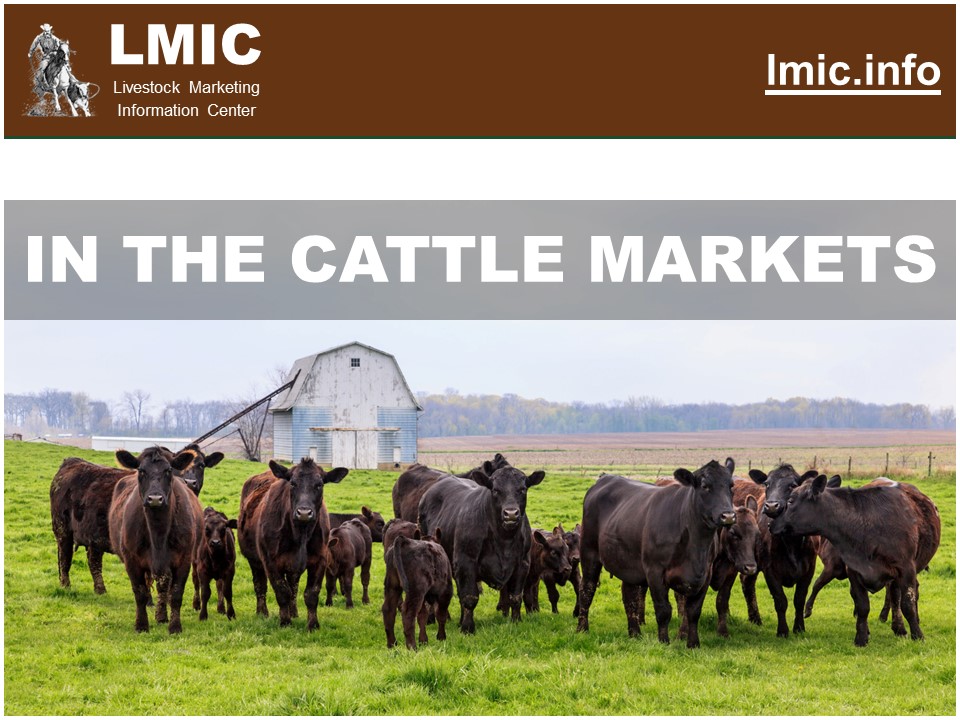Livestock Marketing Information Center
In The Cattle Markets
Updated: 3/2/2026
2025 Beef Trade Review
2025 was a significant trade year for the beef sector. Trade headlines were often dominated by New World Screwworm updates with its impact on live cattle imports from Mexico. However, beef exports and imports were also noteworthy.
Livestock Monitor
Updated: 2/27/2026
2025 ANNUAL TRADE STATISTICS
December trade data was recently released from the USDA-Foreign Agricultural Service (FAS) and the USDA-Economic Research Service (ERS), which finalizes annual trade statistics for 2025. In 2025, beef imports totaled nearly 5.5 billion pounds, up 835 million pounds (+18%) from the previous year. Imports from Australia increased 296 million pounds (+27%) to 1.4 billion pounds, followed by 1.0 billion pounds from Canada, which was even with a year ago. Shipments from Brazil rose 241 million pounds (+35%) to 931 million pounds while imports from Mexico increased 114 million pounds (+19%) to 710 million pounds. Beef exports fell 431 million pounds (-14%) to nearly 2.6 billion pounds in 2025, which was due largely to lower exportable supplies and rising prices.
COLD STORAGE UPDATE
January statistics for cold storage inventories were recently released by the USDA-National Agricultural Statistics Service (NASS). Total red meat in cold storage fell just over 18 million pounds (-2%) to nearly 863 million pounds. The decline was driven by lower beef in cold storage, which fell 21 million pounds (-4%) to 435 million pounds in January. Boneless beef stocks fell nearly 23 million pounds (-5%) to just under 395 million pounds while beef cuts increased by more than 2 million pounds (+6%) to 40 million pounds in January.
DAIRY SECTOR ADDS MORE COWS IN JANUARY
The dairy herd added 14,000 cows in January, a surprise given that Class 4 milk prices have been below $15 per cwt since October, and Class 3 milk prices made it to that level in January. The All-Milk Price at the farm reported by USDA-NASS was below $20 per cwt in November and December for the first time since August 2023. Within the USDA milk production report, sizable revisions were made to monthly milk cow numbers for all of 2025 and with those revisions, the dairy herd in January was bigger than any month in 2025. Month-to-month declines in the dairy herd were noted in October and November.
Livestock Monitor (pdf)




